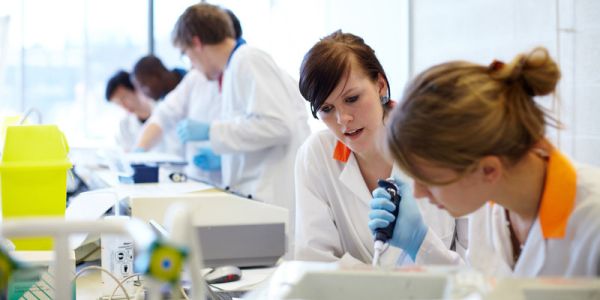
Report highlights experiences of lesbian, gay and bisexual people with cancer
Lesbian, gay and bisexual people tend to report having a poorer experience as a cancer patient than heterosexual people, according to a study.

Lesbian, gay and bisexual people tend to report having a poorer experience as a cancer patient than heterosexual people, according to a study.

Researchers from Leeds and Bradford will work together to improve the health and well-being of children and the elderly – and the safety of patients in hospitals – in a new £3million centre.

A psychological treatment known as behavioural activation can help prevent older people with mild symptoms of depression from developing more severe, clinical, depression, a study has found.

Scientists at the Universities of Leeds, York and Helsinki say they are a step closer to cracking what researchers have called the ‘Enigma code’ of the common cold virus.

Over 50,000 people in Yorkshire and the Humber carry a faulty gene putting them at high risk of developing heart disease or sudden death, according to new estimates by the British Heart Foundation.

A new £5m University of Leeds sports facility is to be named after its most successful alumni athletes, Olympic heroes Alistair and Jonny Brownlee.

GPs want more support when offering drugs that lower the risk of certain cancers, a new report by the University of Leeds and Cancer Research UK reveals.

A new spin-out company, Dietary Assessment Ltd, has formed to help track and analyse dietary intake.

The size of a lorry's windscreen can have a dramatic impact on the safety of other road users, according to a series of experiments conducted by psychologists at the University of Leeds.

A new treatment for Clostridium difficile (C.diff) reduces recurrent infections by nearly 40%, a large study has found.